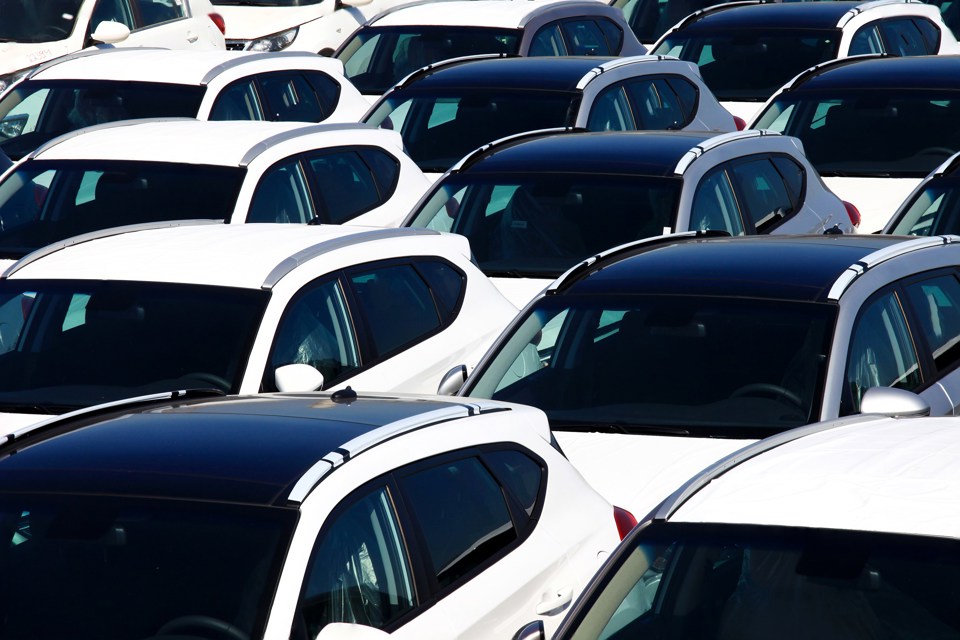The growing popularity of SUVs in all sectors of the company car market means that fleets could increasingly struggle to hit cost and emissions targets, says Chevin Fleet Solutions.
The fleet management software specialist says that even the most car-like of SUVs tend to have worse emissions and fuel economy than their equivalent hatchbacks or saloons by around 10-20%, while there is a shortage of alternative fuel options such as hybrids and EVs.
Ashley Sowerby, managing director of Chevin, said: “SUVs have proliferated in all areas of the car market and continue to grow in popularity.
"There is almost no sector where they are not well represented. Today, you can even buy an SUV convertible.”
SUVs are now the best-selling type of car in the UK and Italy. Analysis by Dataforce has forecast that they will overtake the compact car as the biggest part of true fleet sales in Europe within the next two years.
Sowerby said: “Many drivers like SUVs a great deal thanks to their commanding driving position, their road presence and the fact that they are perceived as something more interesting than a family hatch or saloon.
“This puts a lot of pressure on human resources departments and fleets to add these vehicles to their choice lists but it does create a general problem.
"SUVs are heavier and less aerodynamic than their conventional car equivalents and, as a result, tend to use more fuel and have high emissions.”
The result, said Sowerby, is that some fleets were not pushing cost and emissions targets as low as they could if their drivers favoured hatchbacks and saloons.
He added: "It creates a tension. For example, if you have a general sub-130g/km policy, which many fleets do, it makes it difficult to offer a range of SUVs, as only a relatively small number fall into this category.
"In industries where attracting and retaining the right staff is tricky, there can be pressure to loosen targets, especially given the scarcity of hybrid and electric SUVs within the market.”
Sowerby said there appears to be no easy answer to this situation, with much depending on the degree to which organisations were committed to environmental or cost objectives at a corporate level.
He added: “One way, of course, is to track the cost and environmental impact of these vehicles in the real world using fleet management software, so that you can present information on a factual basis. At least then, policy decisions about which vehicles to offer can be made with high quality information to hand.
“However, it certainly seems that the popularity of SUVs presents a genuine conundrum for responsible fleets.
"It’s clear that the industry needs to focus on how to achieve best fleet efficiency amidst this trend.”


















bob the engineer - 27/07/2016 16:55
Personally I have back issues and the more sit-up position in an SUV saves aggravating it as ordinary car makers seem obsessed with making them low slung and 'sport' without the need. Also remember many drivers contribute considerably financially to their vehicle and therefore should have a strong say in a choice that suits family needs and not just company purposes. Its all very well setting arbitrary targets but this is real peoples lives affected.